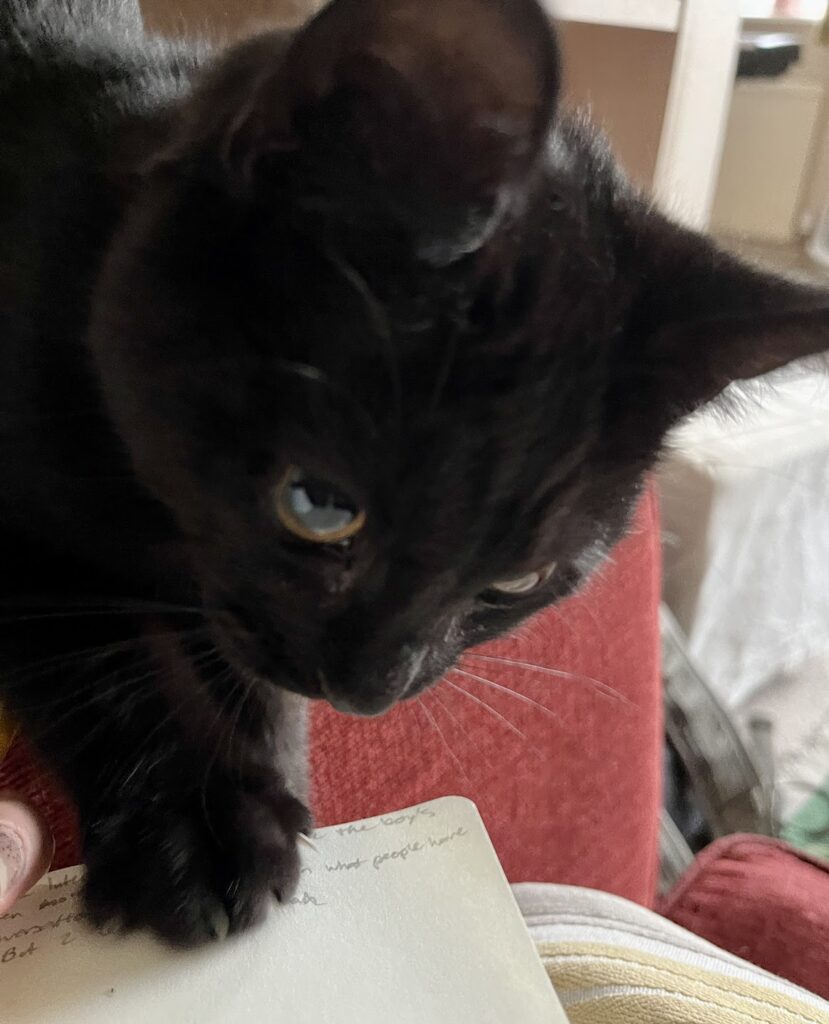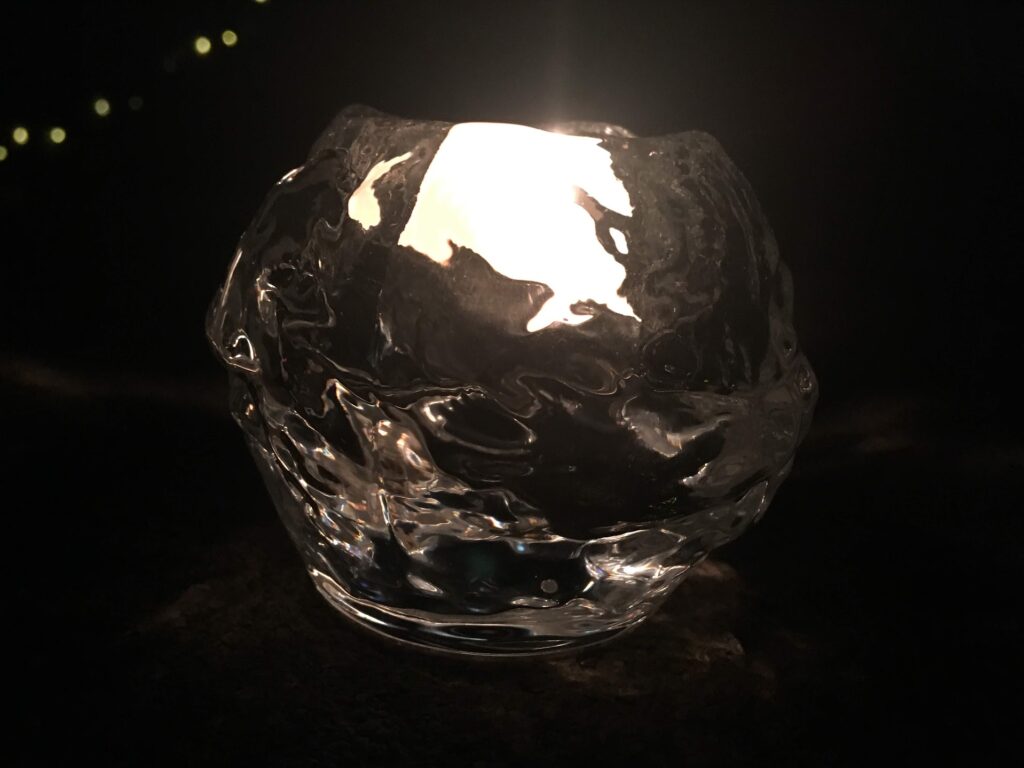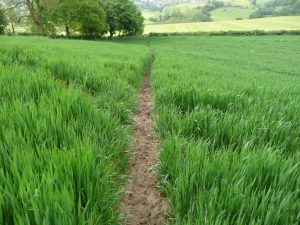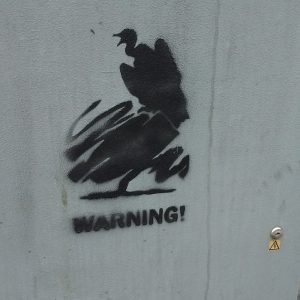I read 32 books in 2024. I’d love it if I’d had more reading time, but often when I set a high reading goal for the year, it makes reading feel stressful. I’m rushing to finish a book when really, I should be enjoying it. So, no regrets!
Here are my top reads from the year, and of course, my very favourite quote from each. Because I have tried over the years to savour books better, I always pause after finishing one and write down my favourite quotes.
As to how I mark the pages of my favourite quotes while I’m reading… I exercise my right of protection against self-incrimination on that.
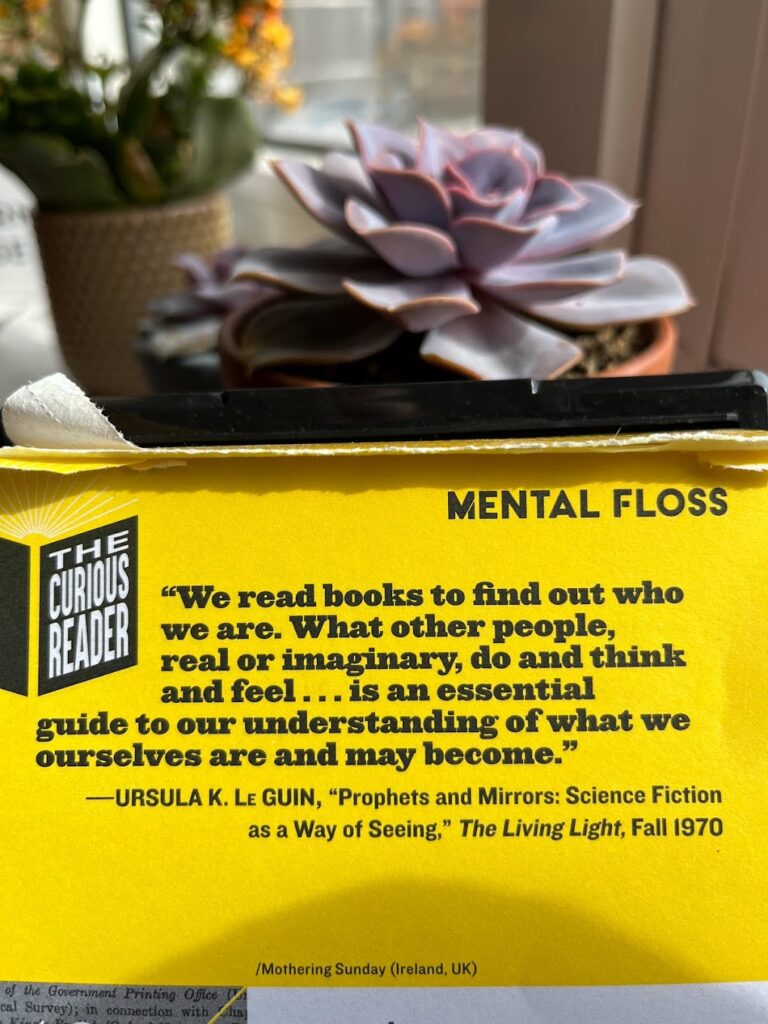
Gentlemen and Players by Joanne Harris
A master intrigue-builder, Harris sneaks suspense in through everyday details and seemingly idyllic settings. The setting here is a boys’ grammar school, secretly crumbling. Since I work in a school, semi-snarky descriptions of teachers and students amuse me.
“Although listening to boys is bad enough, listening to their parents is fatal.”
Cuckoo in the Nest by Fran Hill
I love Fran’s writing, particularly her hearty humour which is specific without being sharp. Her debut novel gives voice to a wonderfully insightful adolescent character entering foster care. This book is a real gift with its empathy to all characters involved.
“I could have done with help defending myself against the way Bridget would experience the emotions she thought I should be having.”
Not Quite an Ocean by Elizabeth M Castillo
Castillo deftly balances beauty and decay, peace and turmoil. Her latest volume explores womanhood through the metaphor of the ocean, inspiring us to reflect on our journey with awe and compassion. Women, the sea, what’s not to love?
From “Who Will Hold the Ocean?”
“Who will teach her that the darkest parts of her body are where creatures are the most boneless, and bright?
Who will dismantle the great, iron skeletons of conquest that lie rotting, eating away at her throat, and back teeth?”
Braver by Deborah Jenkins
I adore a story with a diverse cast. In some respects, this novel is as simple as a little group of people banding together to help each other out. But of course the tug of each individual’s needs pulls events into a tangle.
“There’s the smell of grass and that scented summer air that drifts into your very soul and makes you believe in the safe familiarity of things.”
The Binding by Bridget Collins
Set in a world where books can only be made when a person is “bound,” surrendering their memory to the page. This results in all sorts of secrets and shocking twists. It’s also an incredibly moving love story.
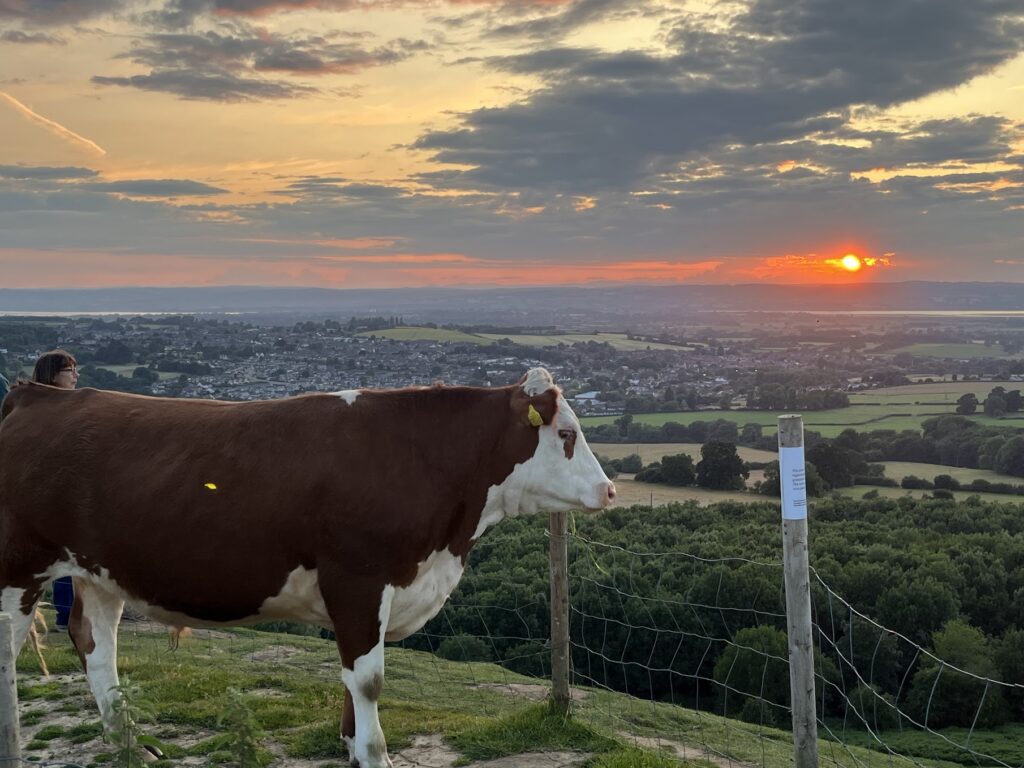
“It makes one wonder who would write them. People who enjoy imagining misery, I suppose… People who can spend days writing a long sad lie without going insane.”
Salt Lick by Lulu Allison
This haunting epic takes place in a climate-wrought [near?] future dystopia, observed by a Shakespearean-style chorus…comprised of rewilded cows. Between flooded coasts and strict urban areas, various communities help each other and revive hope.
“We see you, boy
We see your gentle heart
Keep it carefully
It has work to do”
Game Changer by Neal Shusterman
A high school football player finds himself in an altered version of his universe every time he gets concussed. Each shift highlights issues of race, class, gender and sexuality, and raises questions. What makes us who we are–and how easily could it change?
“If life exists four hundred times smaller than we can see, it must exist four hundred times larger than we can see.”
March by Geraldine Brooks
The imaginary father of Louisa May Alcott’s March sisters in Little Women is the protagonist here. We see his part in slavery, Civil War battles, and early attempts at Reconstruction. Through him, Brooks unforgettably lays bare the national shame.
“And yet I do not think it heroic to march into fields of fire, whipped on one’s way only by fear of being called craven. Sometimes, true courage requires inaction; that one sit at home while war rages, if by doing so one satisfies the quiet voice of honourable conscience.”

I Capture the Castle by Dodie Smith
Written during World War II, this novel alchemically combines some of my favourite elements: a precocious narrator passionate about writing, an eccentric family among castle ruins, class struggle, explorations of love and art.
“‘Anyway, your father had a very distinguished forerunner. God made the universe an enigma.’
“I said, ‘And very confusing it’s been for everybody. I don’t see why Father had to copy Him.’”
Demon Copperhead by Barbara Kingsolver
A brilliant homage to David Copperfield transplanting Dickens’s expansive cast to coal country, western Virginia in the late 1990s/ early 2000s. It exposes the disadvantages and downright exploitation in rural areas, while also inspiring us with the resilience and compassion of many who live there.
“… Wanting to see the rest of us hurt because she was hurting–You have to wonder how much of the whole world’s turning is fueled by that very fire.”
Are any of these your favourites too, or do you have recommendations to add?
